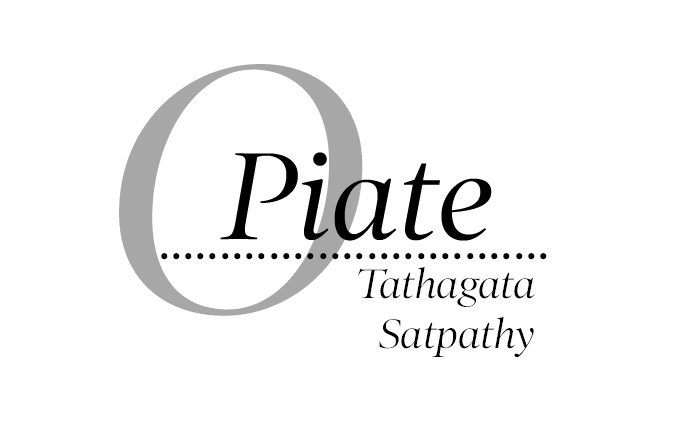On the first day of the 20th party congress of the Chinese Communist Party (CCP) October 16, its general secretary and China’s President Xi Jinping set the tone of the aggressive policies and programmes he intends to follow for the next five years. His inaugural speech iterates his resolve to carry on his crusade against assertion of individual freedom in Hong Kong, Xinjiang, Tibet and Mongolia and corruption in party ranks is going to be used, in effect, to crush dissent. In the same breath, he articulated his resolve to expand China’s areas of regional control and continue with his Zero-COVID policy. The speech was a celebration of the crushing of Hong Kong’s autonomy and warning to Taiwan that Beijing is poised to take control of the island democracy. This is also intended to deliver a message to the USA that it would brook no “interference” with its “internal” affairs in Taiwan.
As was expected, Xi sought to glorify his leadership by claiming that China had increased its global influence over the past five years. In a self-congratulatory remark, he lauded the decision to crack down on Hong Kong’s pro-democracy movement by bringing in national security laws that have virtually criminalised dissent. While people in Hong Kong fumed at the iron grip he exercised on them, Xi asserted the actions had restored order from “chaos” and marked “a turn for the better in the region”.
He seems to have chosen the case of Hong Kong to put into the Taiwanese population the fear that a grim future lies ahead for them should they continue their resistance to come under Beijing’s rule. China’s communists have long maintained the position that Taiwan must be reunified with the mainland. This is at the heart of Xi’s plan for China’s “national rejuvenation”. Predictably, his assertion that “the wheels of history are rolling on towards reunification and complete reunification can, without a doubt, be achieved,” drew the strongest applause from the delegates.
But, in a sense this sound and fury is but a calculated move not to hurry things as China has been watching the heavy price Russia’s President Vladimir Putin is paying for his misadventure in Ukraine. The latter has been fighting back Russian onslaught with arms and ammunition provided by the USA and other Western countries. Xi seems to be aware that any attempt to emulate Putin’s example and forcibly take over Taiwan would meet with a similar counter-attack. US President Joe Biden has made it clear that he would rally behind Taiwan in case of use of force by China to take control of it. This explains Xi’s remarks at the congress that China will continue to strive for peaceful reunification “with the greatest sincerity and utmost effort”, but will never promise to “renounce the use of force and reserve the option of taking all measures necessary.” This shows contrary to the perception that China may be emboldened by Russia’s war in Ukraine and occupy Taiwan by force, Xi would rather follow a wait-and-watch policy for Taiwan and resort to military action only as a last resort. Perhaps, he would await the final outcome of Russia’s invasion of Ukraine before planning a strike on Taiwan. This is a great take away from the CCP party congress so far.
But, the most important feature of this party congress is the likely removal of term limits of party leaders allowing Xi to get a third term in office cementing his position as the most powerful leader since Mao Zedong. After Mao’s death, China’s elite vowed never again to allow such concentration of power and set up an unofficial system of collective leadership, term limits and a retirement age for high office. For the past three decades the system worked smoothly until Xi took over and swept those norms away. The delegates at the congress are only to act as a rubber stamp to endorse Xi’s plan.
Ironically, Xi’s father had to quit his position in the top echelons of the CCP becoming a victim of Mao Zedong’s purge. That he has been assiduously trying to step into Mao’s shoes is clear from the fact he has not groomed anyone to take his place at the end of his second term as has been the practice for the past three decades.
It appears the speculation on Xi’s waning influence is either exaggerated or, maybe, he has successfully cornered his detractors.
